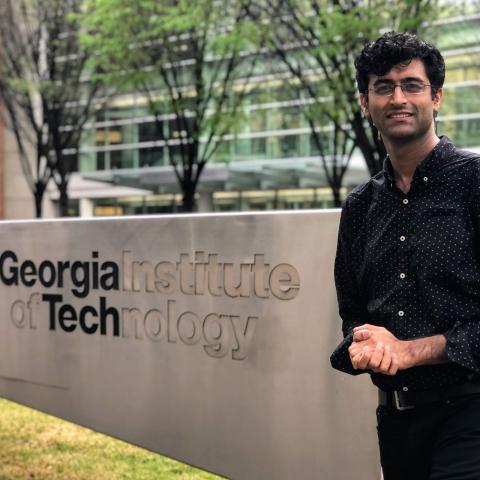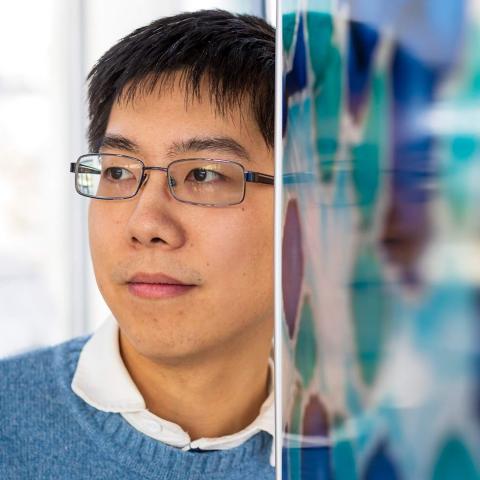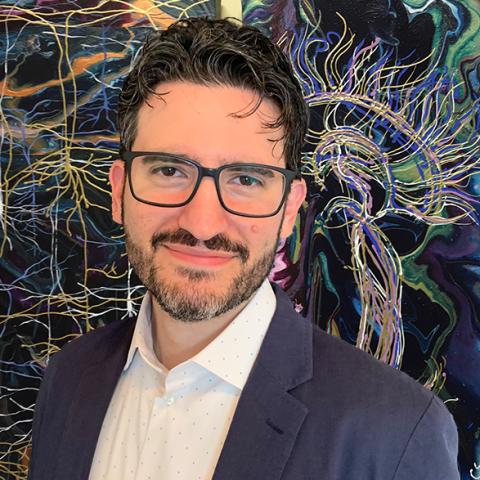Nagi Gebraeel

Professor Nagi Gebraeel is the Georgia Power Early Career Professor and Professor in the H. Milton Stewart School of Industrial and Systems Engineering at Georgia Tech. He received his MS and PhD from Purdue University in 1998 and 2003, respectively.
Dr. Gebraeel's research interests lie at the intersection of Predictive Analytics and Machine Learning in IoT enabled maintenance, repair and operations (MRO) and service logistics. His key focus is on developing fundamental statistical learning algorithms specifically tailored for real-time equipment diagnostics and prognostics, and optimization models for subsequent operational and logistical decision-making in IoT ecosystems. Dr. Gebraeel also develops cyber-security algorithms intended to protect IoT-enabled critical assets from ICS-type cyberattacks (cyberattacks that target Industrial Control Systems). From the standpoint of application domains, Dr. Gebraeel has general interests in manufacturing, power generation, and service-type industries. Applications in Deep Space missions are a recent addition to his research interests, specifically, developing Self-Aware Deep Space Habitats through NASA's HOME Space Technology Research Institute.
Dr. Gebraeel leads Predictive Analytics and Intelligent Systems (PAIS) research group at Georgia Tech's Supply Chain and Logistics Institute. He also directs activities and testing at the Analytics and Prognostics Systems laboratory at Georgia Tech's Manufacturing Institute. Formerly, Dr. Gebraeel served as an associate director at Georgia Tech's Strategic Energy Institute (from 2014 until 2019) where he was responsible for identifying and promoting research initiatives and thought-leadership at the intersection of Data Science and Energy applications. He was also the former president of the Institute of Industrial and Systems Engineers (IISE) Quality and Reliability Engineering Division, and is currently a member of the Institute for Operations Research and the Management Sciences (INFORMS), and IISE (since 2005).
- Data Mining
- IoT
- Sensor-based Prognostics & Degradation Modeling
- Reliability Engineering
- Service Logistics
- System Design & Optimization
- Cyber/ Information Technology








